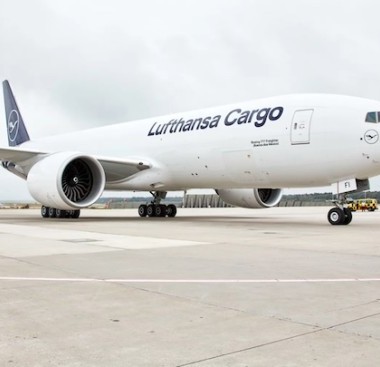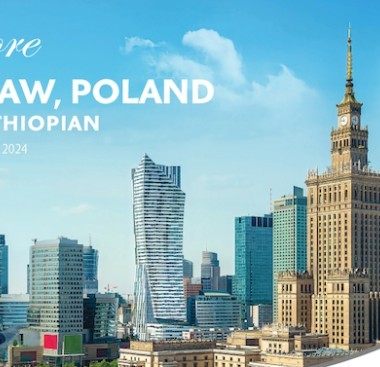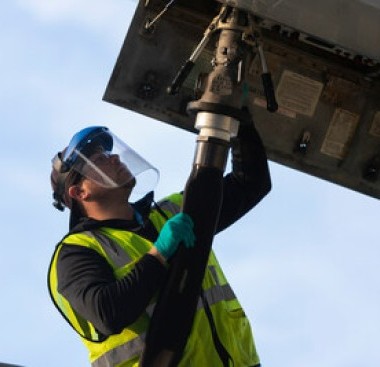UK eyes cuts to food tariffs in trade talks with Gulf nations
The UK is seeking to slash tariffs on food exports to countries including Saudi Arabia, the United Arab Emirates and Qatar in negotiations for a free trade deal with Gulf nations that start on Wednesday.
Talks for a deal with the Gulf Cooperation Council, which also includes Bahrain, Kuwait and Oman could “significantly reduce or remove tariffs” on UK food and drink exports to the region, worth £625 million ($767 million) last year, the Department for International Trade said late Tuesday in a statement. That could include cutting tariffs on cereals, chocolate, baking products, biscuits and smoked salmon, it said.
Boris Johnson’s government is pushing to seal a series of trade deals as it seeks to deliver on what the premier flagged during the campaign to leave the European Union as one of the benefits of Brexit. But the biggest prize—an agreement with the US—remains out of reach for now after President Joe Biden put discussions on ice. That’s left British envoys focusing on clinching smaller deals, in the face of a decline in trade with the EU, the UK’s biggest trading partner.
The UK since Brexit has agreed pacts with New Zealand and Australia and is in talks with India, Mexico and Canada. The GCC is the UK’s seventh largest export market, and a deal has the potential to grow trade with the region by 16%, adding at least £1.6 billion a year to the British economy, according to the trade department.
“This trade deal has the potential to support jobs from Dover to Doha, growing our economy at home, building vital green industries and supplying innovative services to the Gulf,” Trade Secretary Anne-Marie Trevelyan said in the statement.
Similar Stories
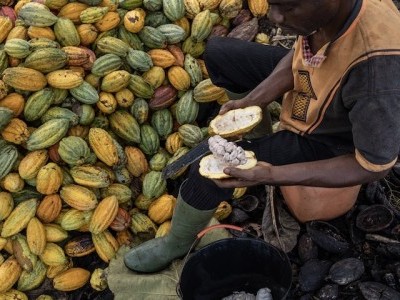
Top cocoa grower seeks to avoid export defaults after price hike
View Article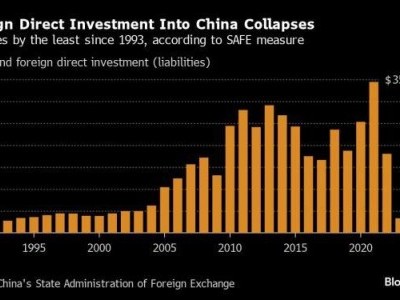
TikTok ultimatum makes US firms a target for China retaliation
View ArticleBiden-Harris Administration announces preliminary terms with Micron to onshore leading-edge memory chip production in U.S.
• U.S. Department of Commerce proposes up to roughly $6.14 billion for Micron to expand domestic DRAM chip production in Idaho and New York • Micron’s full vision would create…
View ArticleUS sanctions Iran-linked ships, firms, people over drone program
The US sanctioned more than a dozen Iranian ships, people and companies linked to the country’s drone program, the latest in a push to punish Tehran over its April 13…
View Article
Dollar wrecking ball forces investors to seek cover in exporters
View Article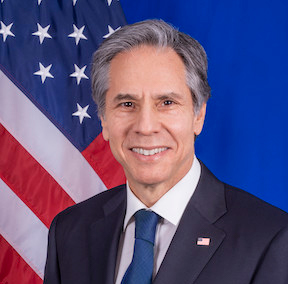
Blinken raises US concerns on unfair trade practices in China
View ArticleGet the most up-to-date trending news!
SubscribeIndustry updates and weekly newsletter direct to your inbox!



